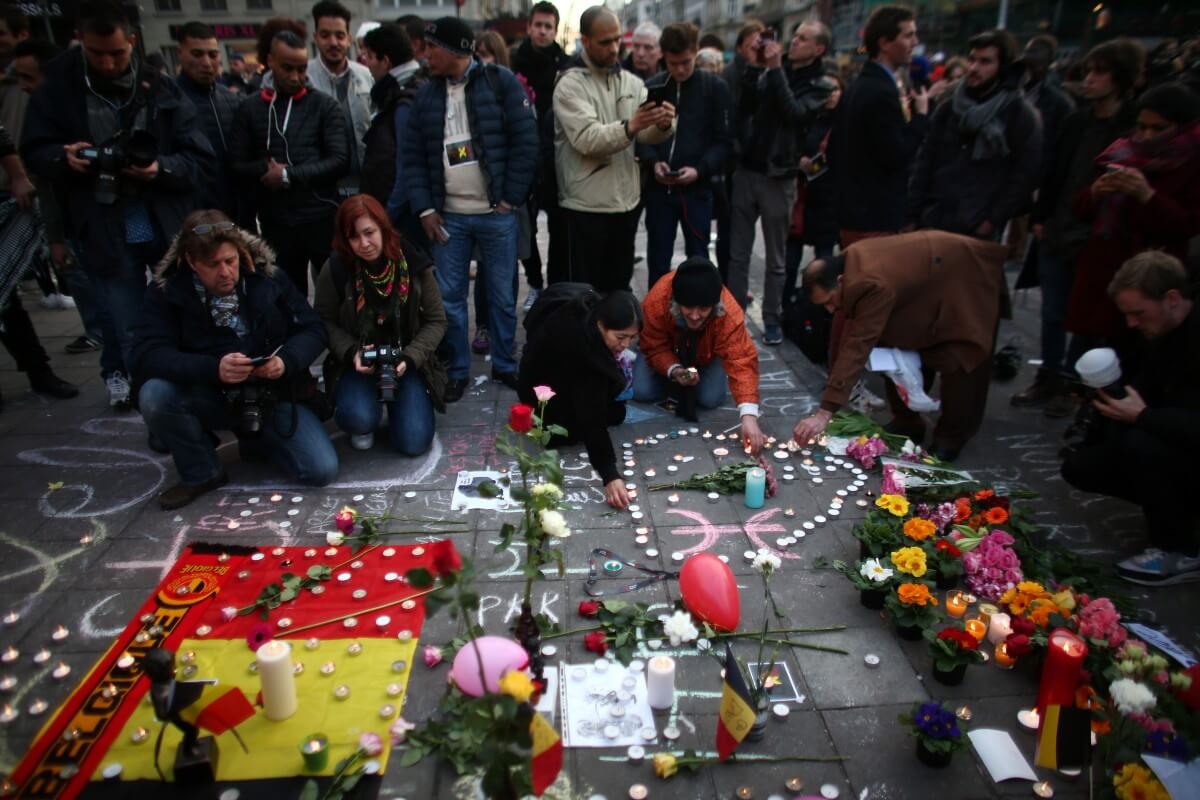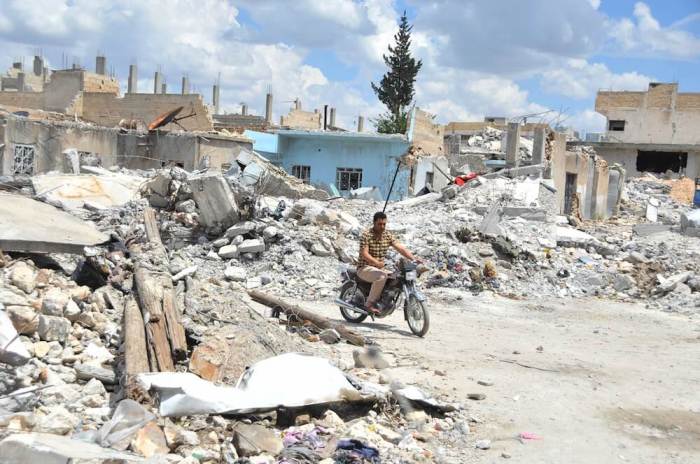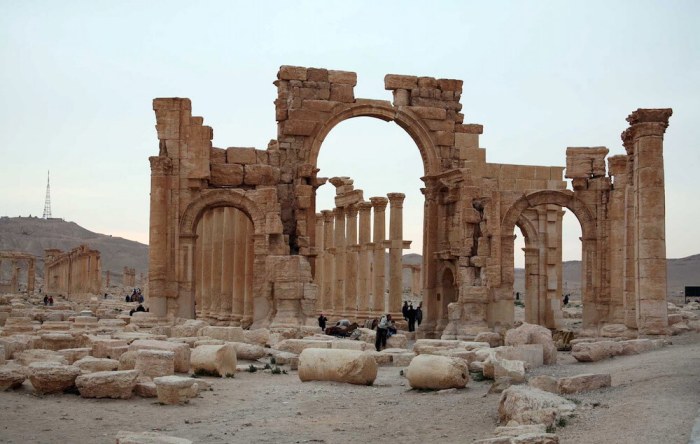At least 34 people are reported dead after a series of blasts at Zaventem International airport and Maelbeek metro station in Brussels on Tuesday.
The attacks come four days after Salah Abdeslam, the main suspect in the jihadist terror attack in Paris on Nov. 13 last year, was arrested in the Molenbeek area of the Belgian capital.
RELATED:Attacks on Brussels airport, metro kill at least 30 Brian Nussbaum, expert on terrorism and Richard Lachmann, a political sociologist at Rockefeller College in New York, give Metro their opinions on the devastating attacks.
Brian Nussbaum, expert on terrorism at Rockefeller College: “This attack will change the rhetoric around the Syrian refugee issue in Europe.”
Why has Brussels been attacked?
Why are there no control points at the entrance to the Zaventem international airport? Extending security and surveillance around sensitive targets is sometimes a good idea, but has real tradeoffs in terms of cost, convenience, and manageability for security staff. Often it merely moves the perimeter outward, broadening the area that needs to be monitored and moving the unprotected gathering spaces away from the critical mass of security staff. Traditional airport security has moved this insecure perimeter into the entryways of today’s airports—a part of airports we’ve seen targeted by attackers from Los Angeles in 2002 and 2013, to Glasgow in 2007, and now Brussels in 2016. Are the control points a necessity? Control points may be necessary, though they are typically more valuable for crowd control and traditional public safety than for counter terrorism. That said, in high risk areas or at high risk targets, they can be very valuable. We saw during the Paris attacks that checkpoints at the soccer stadium resulted in less deadly suicide bombings than would have occurred if the attacker had gotten inside. Should Europe’s migration policy be changed? I think there is little doubt that this attack will—as Paris did—change the rhetoric around the Syrian refugee issue in Europe. This, despite the fact that while many of the attackers in both cases had been foreign fighters in Syria, they have overwhelmingly been first and second generation European citizens and not part of any migrant flow like what is happening today. However, despite the limited ties between these attackers and such refugee populations, that is not likely to stop those who have strong pre-existing positions against immigration and those who are merely afraid of further terrorist attacks from conflating the two issues. There may well be some risk of increased terrorist mobility from large refugee flows, but that issue seems relatively minor compared to the humanitarian need and importance of the EU and world community helping the people fleeing the barbarity of the Assad regime and ISIS. There are real security concerns, but as everywhere else in public policy those concerns need to be balanced against a host of other issues, costs, values and needs. RELATED:Brussels bombings suspect still at large despite earlier reports ==============================================================================
Richard Lachmann, a political sociologist at the University at Albany, New York: “Statistically, Brussels is safe.”
Experts weigh in on Brussels attacks

Getty Images

























